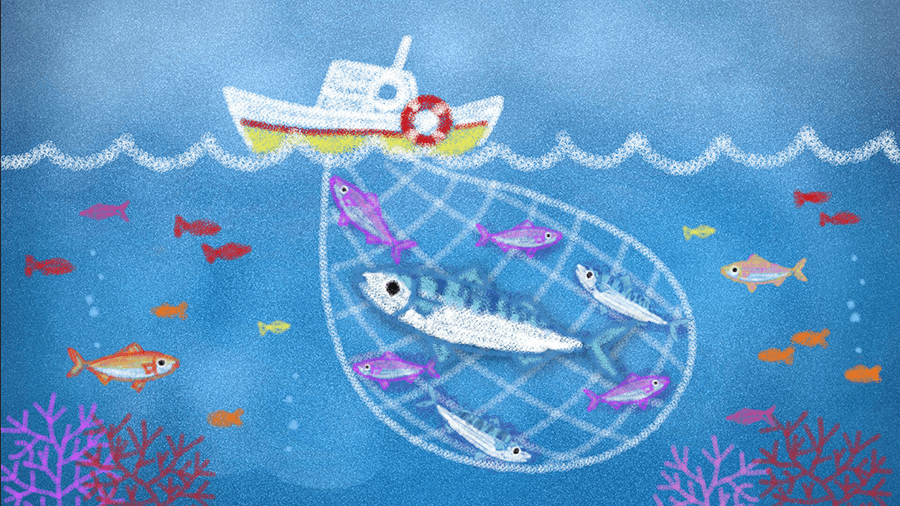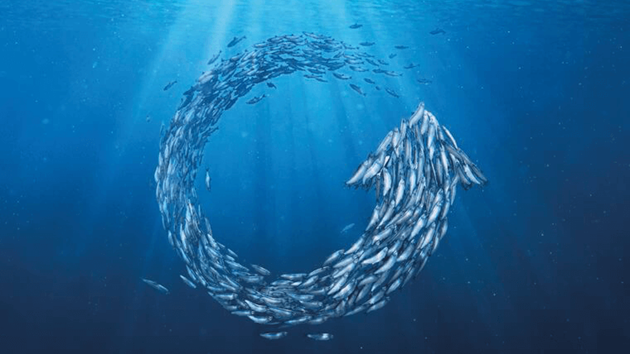Improve ocean literacy with the MSC's teaching and learning resources and discover how we can all help keep our ocean healthy.
Ocean themed teaching resources
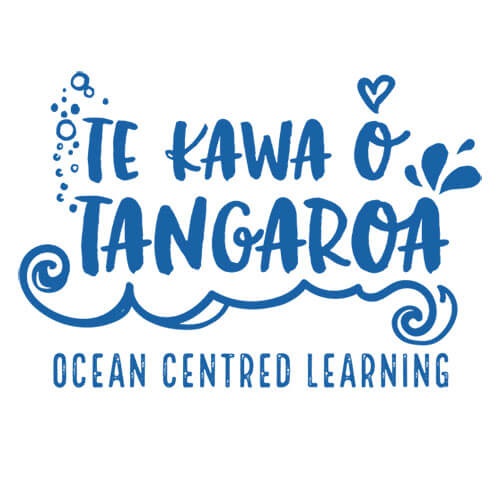
Aotearoa New Zealand
Explore Te Kawa o Tangaroa - an ocean-centred learning programme focussed on solutions to overfishing and how we can ensure our ocean is teeming with life.
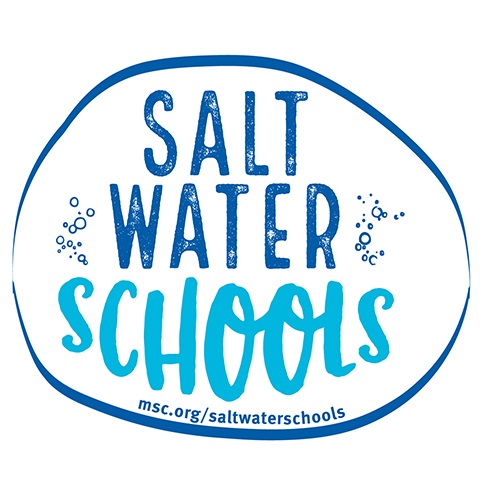
Australia
Explore ocean-themed education resources aligned with the Australian curriculum suitable for Stages 3-5, including lesson plans, videos, fact sheets, games, and activities.
If you're not in Australia or New Zealand, discover a range of international teacher and parent resources.
Ocean literacy for kids
Explore our activities, downloads and games for children. Plus, fun sustainable seafood recipes.Activities for under 8s
Meet the Wild Ocean Explorers, who are ready to take children under 8 on trip to the ocean with our fun and creative activities.
What is ocean literacy?
Ocean literacy is defined as “an understanding of the ocean's influence on you and your influence on the ocean”.
It is widely accepted that there are seven principles of ocean literacy.
The 7 principles of ocean literacy:
- The Earth has one big ocean with many features
- The ocean and life in the ocean shape the features of Earth
- The ocean is a major influence on weather and climate
- The ocean made the Earth habitable
- The ocean supports a great diversity of life and ecosystems
- The ocean and humans are inextricably interconnected
- The ocean is largely unexplored
Being ocean literate means:
- Understanding the importance of the ocean
- Being able to effectively communicate about the ocean
- Acting as a conscious ocean citizen and advocate
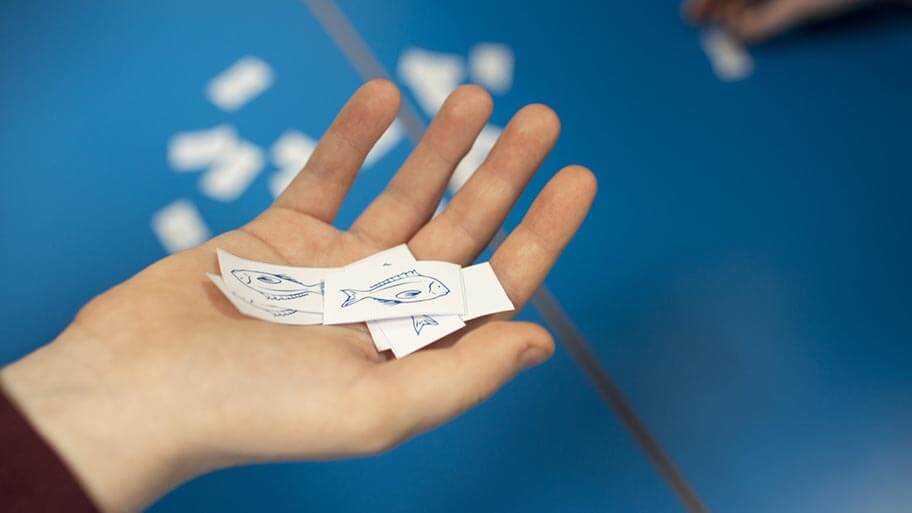
Why is ocean literacy important?
Our ocean is facing a triple threat of climate change, overfishing and pollution. Ocean literacy ensures that our future leaders and shoppers are equipped with the knowledge to continue the fight to protect our ocean.
A key objective of the UN Decade of Ocean Science for Sustainable Development is to boost ocean literacy in the formal education sector. The aim is to create a new generation of ocean leaders by 2030.
The MSC has a vision of our ocean teeming with life for this and future generations. Therefore, the MSC provides teachers with free to use teaching and learning resources aligned to their curriculum. By working with partners such as zoos, aquaria and museums, we're providing free teacher workshops to equip teachers with the confidence to advance ocean literacy.
The challenges of ocean literacy
There are a number of challenges associated with ocean literacy that highlight the importance of teachers using credible and science-based resources.
- Ocean misinformation is prevalent such as Netflix Seaspiracy which has been fact-checked by numerous organisations
- Scientific language can be technical and nuanced making it difficult to simplify
- The ocean provides a vital resource that is often politicised making certain topics controversial
- The future can seem bleak and helpless for adults and children alike
- Many teachers are ill-equipped with one in eight science, technology, engineering, and mathematics (STEM) classes in Australia taught by a teacher outside their field of expertise
- Ocean literacy is not explicitly mentioned in the curriculum and must be linked to multiple learning outcomes
- Ocean literacy progress is not systematically measured
Ocean literacy resources
Download and print our A3 ocean literacy poster for your classroom.A poem for the future of our ocean by Nicola Tsiolis
Sign up for teacher updates
Each term, we'll feature the latest education resources, upcoming calendar dates, competitions and the very best ocean-related stories.


